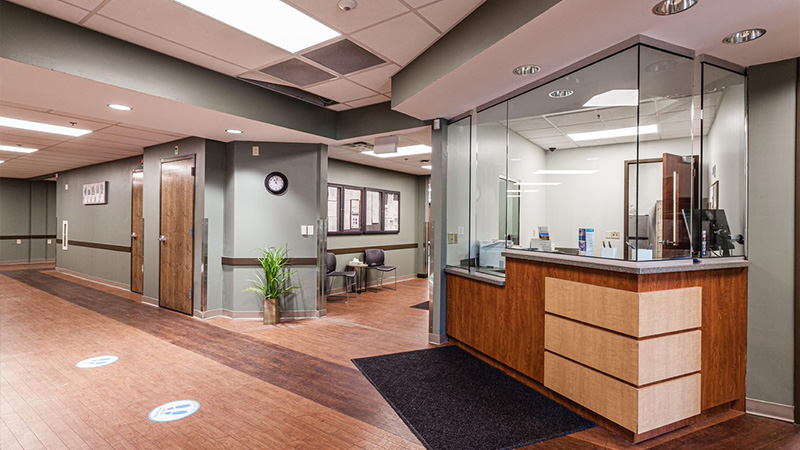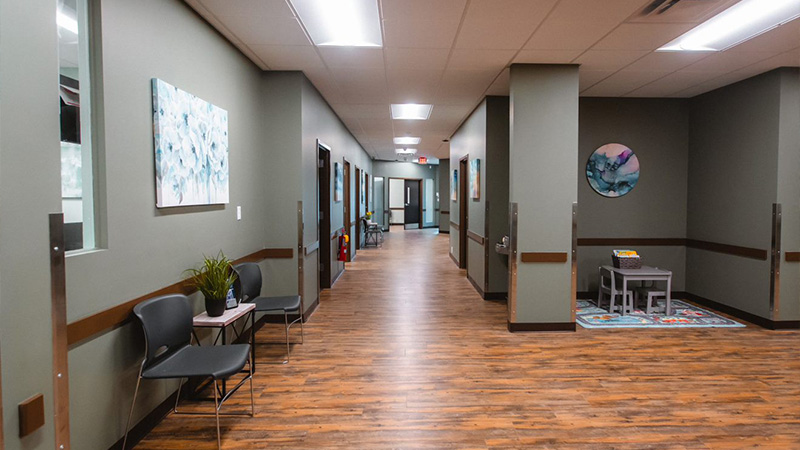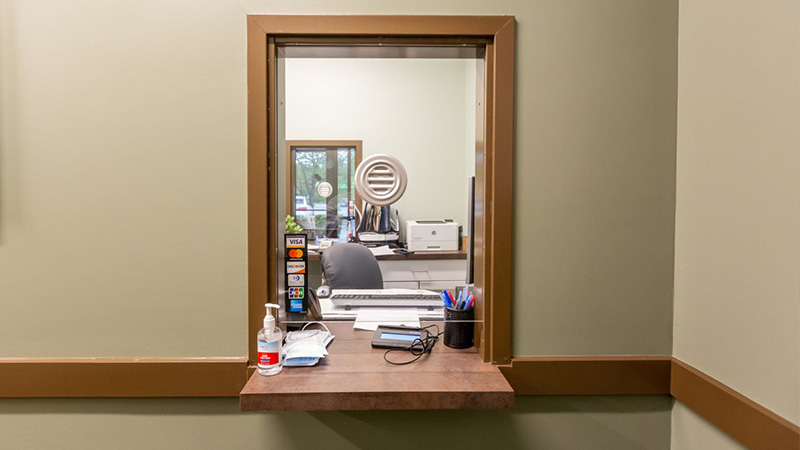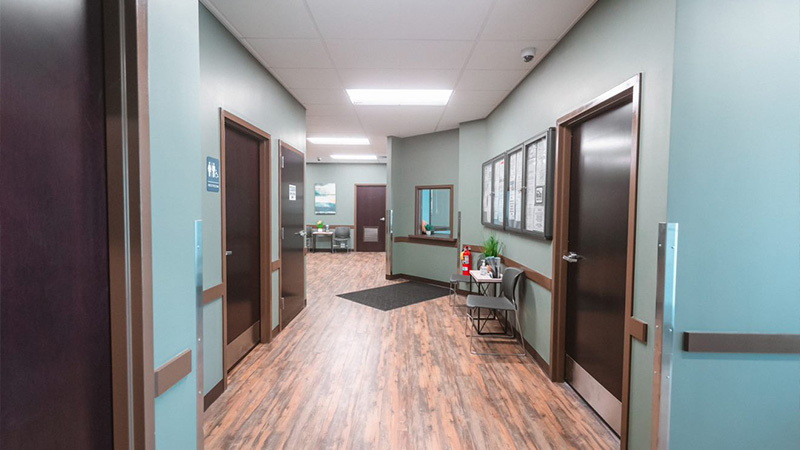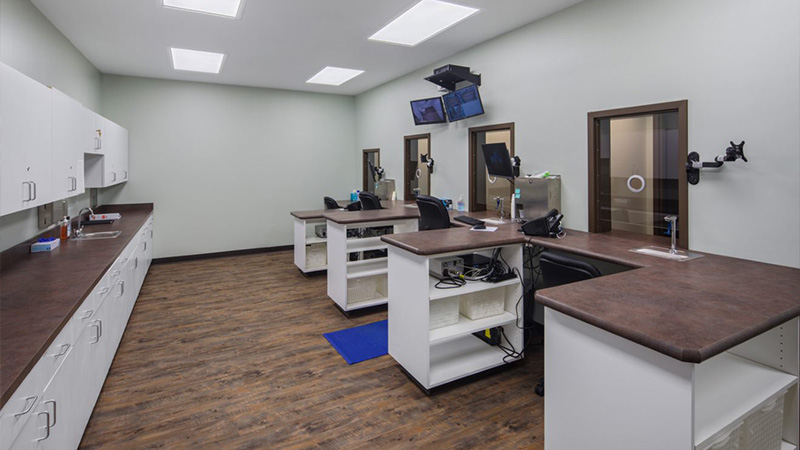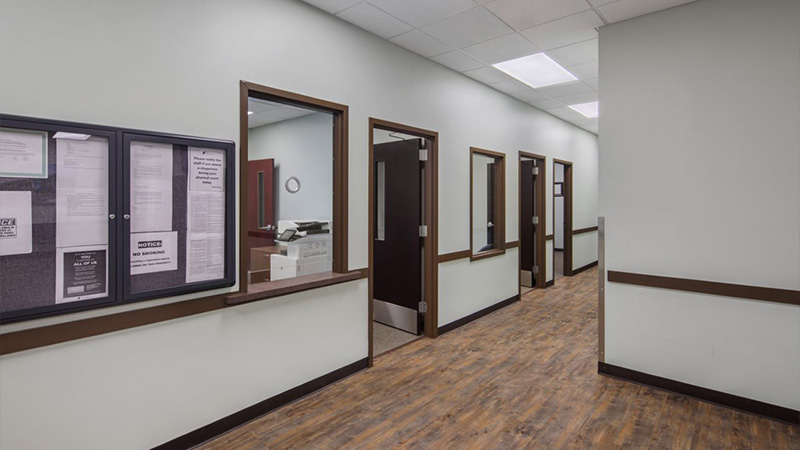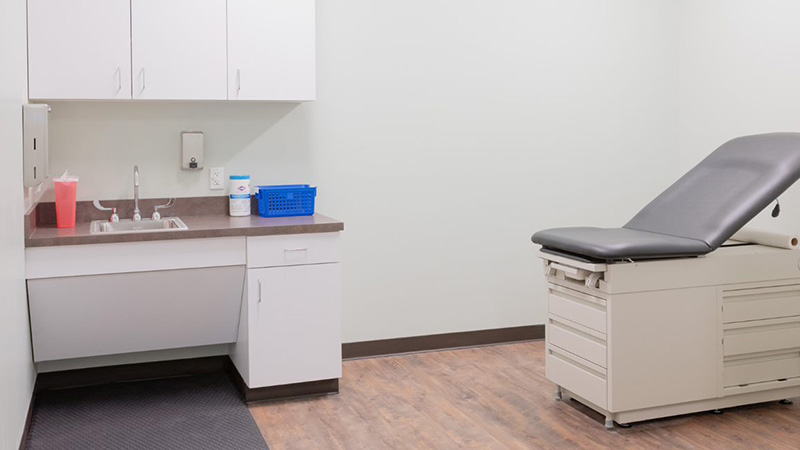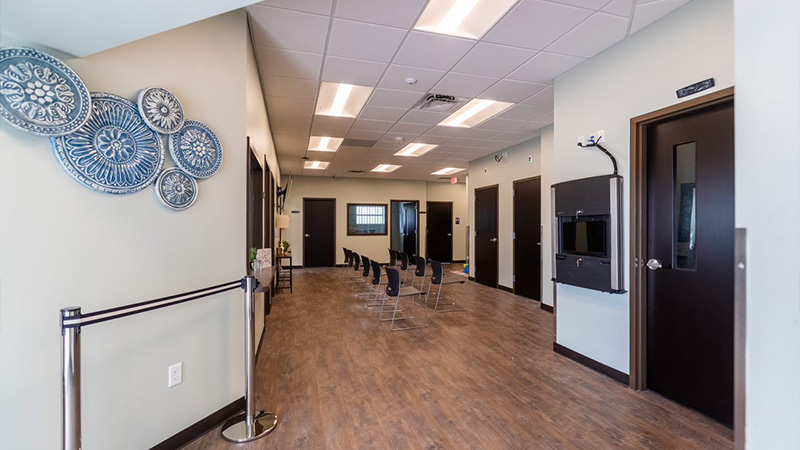Ridgeland Comprehensive Treatment Center
Call Today
Get Directions
24/7 Appointment Scheduling
Call today to learn more & schedule an intake appointment.

Breaking the cycle of addiction starts with asking for help.
Ridgeland CTC helps patients establish a strong foundation for opioid addiction recovery.
Is Ridgeland CTC right for you?
Ridgeland Comprehensive Treatment Center (CTC) offers outpatient treatment for adults age 18 and older of all genders who are struggling with opioid use disorder. The center, which is located in Ridgeland, SC, provides medication-assisted treatment (MAT).
About Ridgeland Comprehensive Treatment Center
At Ridgeland Comprehensive Treatment Center (CTC), we recognize the destructive impact opioid addiction can have on a person’s life. Struggling with an addiction to heroin, prescription painkillers, or another type of opioid can cause a person to lose their job, their relationships, and, most tragically, even their life. However, by getting treatment from the team of dedicated professionals at our Comprehensive Treatment Center, they can rediscover a life free from opioid addiction.
Ridgeland CTC is located in Ridgeland, South Carolina, and provides care for adults age 18 and older who are battling addictions to opioids. We use medication-assisted treatment (MAT), which is a comprehensive method of opioid addiction treatment that combines the use of medication with counseling, to address our patients’ physical, emotional, social, and behavioral needs.
Researchers have spent decades studying the benefits of medication-assisted treatment and have repeatedly proved that it is a safe and effective method of treating opioid addictions. The medications that are used as part of MAT can reduce or eliminate the distressing symptoms of withdrawal, and engaging in counseling sessions can help people make changes in their behavior and lifestyle, which promotes long-term recovery.
The compassionate and dedicated team at Ridgeland CTC works with each patient to create an individualized treatment plan that outlines the medication they will be prescribed, the appropriate dosage of that medication, and the therapeutic interventions that will be most beneficial to them.
Throughout a patient’s time at our opioid addiction treatment center, they meet frequently with their treatment team to track their progress and make sure that they are receiving the best care possible so that they can find true and lasting healing.
By coming to Ridgeland Comprehensive Treatment Center, a brighter, more promising future is within your reach.
Medication-Assisted Treatment for Opioid Addiction
Medication-assisted treatment has been identified as the gold standard of opioid addiction treatment. It has proved to be more successful in treating opioid addiction than other types of care because it treats the whole person — mind, body, and spirit. Research has shown that people who receive MAT are less likely to relapse or to experience an opioid overdose.
The power of medication-assisted treatment lies in its ability to help alleviate the uncomfortable and often painful symptoms a person experiences during opioid withdrawal. When a person is addicted to opioids, their body becomes dependent on the substance to be able to function. If they then stop using the substance, their body goes into a state of withdrawal as it tries to adjust to functioning without it. When a person is in withdrawal, they can start to experience a number of symptoms, including paranoia, extreme anxiety, agitation, insomnia, muscle aches, sweating, abdominal cramping, nausea, and vomiting. As soon as the person uses an opioid again, it causes these withdrawal symptoms to stop. This is one of the biggest reasons why people remain trapped in the cycle of opioid use. Additionally, opioid cravings can be incredibly powerful and may consume a person’s thoughts, which is another reason why people often begin using opioids again. But when someone receives a prescription medication from a qualified treatment provider, that medication can ease the withdrawal symptoms and reduce cravings, helping the person refrain from using opioids again.
The types of medications used in MAT can include methadone, buprenorphine, and Suboxone®, and each patient receives a prescription for the medication that best meets their specific needs. When a person is receiving care at Ridgeland CTC in Ridgeland, South Carolina, their treatment team monitors the effects of the medication they are taking to make sure that it is working. If adjustments need to be made for any reason, the treatment team works with the patient so that the changes are made safely.
In addition to the medication component, patients who get medication-assisted treatment take part in individual and group therapy sessions. By combining counseling with medication, patients have the opportunity to receive care that addresses both the physical and psychological aspects of opioid addiction.
What To Expect at Our Ridgeland Opioid Addiction Treatment Clinic
At Ridgeland CTC, we know that making the decision to stop using opioids can be scary. We also know that addressing an addiction by getting treatment can be intimidating. For this reason, we make it a priority to ensure that the admissions process is smooth and seamless. We treat all our patients with the kindness, respect, and dignity they deserve. We encourage them as they take this brave step toward healing.
Before beginning treatment, each patient takes part in a thorough assessment in which they provide our team with background information that helps us understand their specific needs. We ask them questions about their medical history, their social history, the extent of their drug use, and any previous treatment they may have received. By gathering this information, our team can create an individualized treatment plan that helps guide the patient through treatment. Patients are also required to have blood drawn and to take a TB test as part of their assessment process.
Once a person has been admitted to our opioid addiction treatment program, they receive a prescription for medication, as well as a schedule for their group and individual counseling sessions.
In individual therapy, patients meet one-on-one with a highly skilled counselor in a confidential setting. During these sessions, patients have the opportunity to discuss the impact opioid addiction has had on their lives. They may talk about how it has affected their family, their friends, their health, and their career. Having this time to talk through their experiences and the effects opioids have had can be eye-opening and help them realize just how detrimental opioid addiction can be. But then they can also work with the counselor to develop coping skills and relapse prevention skills. They can learn ways to change their behaviors and heal broken relationships. This can be monumentally helpful for people as they work toward recovery.
Group therapy gives patients time to meet with other individuals who are also struggling with addictions to opioids. These group sessions are led by a qualified professional and include discussions on a number of different topics, such as relationship boundaries, relapse prevention, and identifying triggers. It can also be therapeutic for patients to be surrounded by other people who have had similar experiences. Addiction can be very isolating, but group therapy can help patients learn that they are not alone, which can aid in the healing process. It also gives them the chance to give support to and receive support from their peers. This can result in building a community that helps them stay on the path to recovery.
When looking for an opioid addiction treatment doctor, consider the highly skilled clinicians at Ridgeland’s premier methadone clinic. We are committed to helping you achieve recovery now and remain on your recovery journey long after your time with us comes to an end.

“I am so grateful for my counselor and all the staff here for believing in me, guiding me and supporting me on this important life changing journey.”
